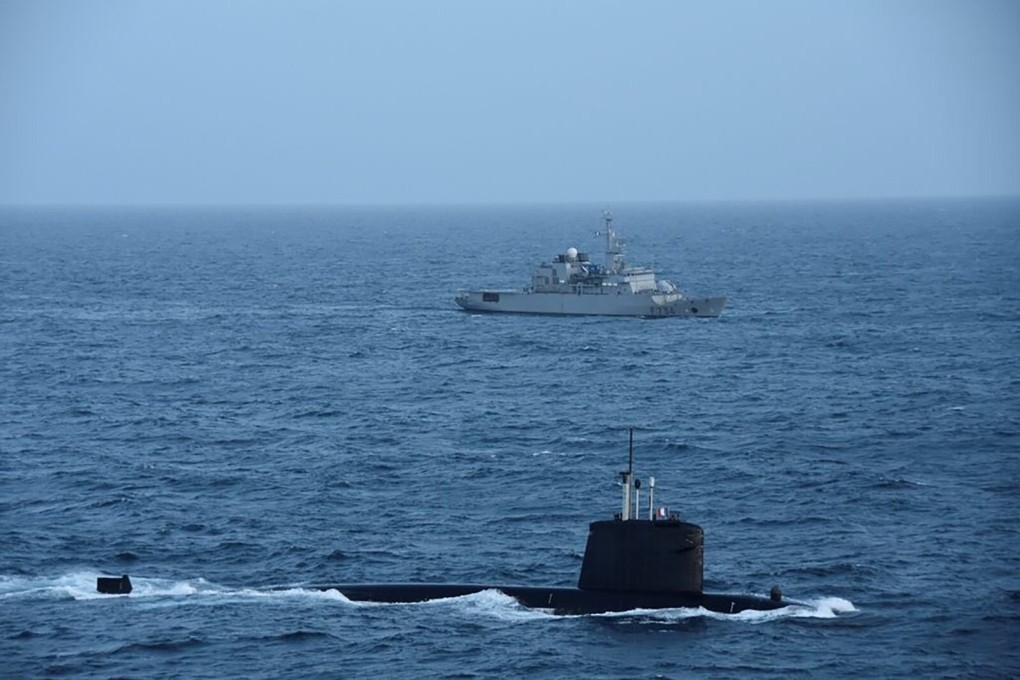Advertisement
EU and India to boost trade, Indo-Pacific partnership as China’s influence grows
- The bid to deepen ties comes amid the EU’s concern over human rights in China, and as border tensions remain between New Delhi and Beijing
- Both will discuss projects that offer an alternative to China’s Belt and Road Initiative, while EU navies hope for a ‘meaningful presence’ in the Indo-Pacific
Reading Time:4 minutes
Why you can trust SCMP
20

The European Union and India are set to make big-ticket announcements in their first Leaders’ Meeting on Saturday, including the resumption of long-stalled free-trade talks, infrastructure projects and activities in the Indo-Pacific region.
All 27 heads of the EU member states and India’s Prime Minister Narendra Modi will be at the meeting. Previous EU-India summits have been led by heads of the European Commission and the European Council.
On Thursday, the EU announced an allocation of US$2.6 million to support the World Health Organization’s efforts to help India fight the spread of Covid-19.
Advertisement
The summit is likely to focus on the issue of vaccine supply chains and pandemic preparedness, according to reports in Indian media.
Saturday’s meeting takes place as more countries, including the United States, deepen alliances amid China’s growing influence, and at a time the EU and India are facing diplomatic challenges with Beijing.

08:44
‘A lot of people are going to die’: a frontline doctor’s account of Covid-19 crisis in India
‘A lot of people are going to die’: a frontline doctor’s account of Covid-19 crisis in India
Earlier this week, the EU cast doubt on the fate of a recently-signed investment deal with China after it said ratification of the pact could not be “separated from the evolving dynamics of the wider EU-China relationship”.
Advertisement
Select Voice
Choose your listening speed
Get through articles 2x faster
1.25x
250 WPM
Slow
Average
Fast
1.25x